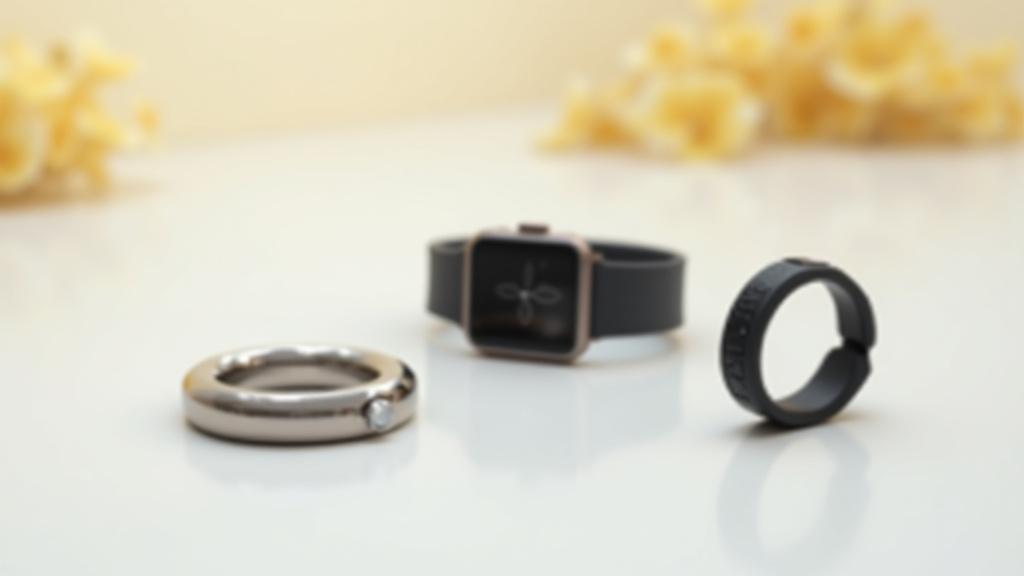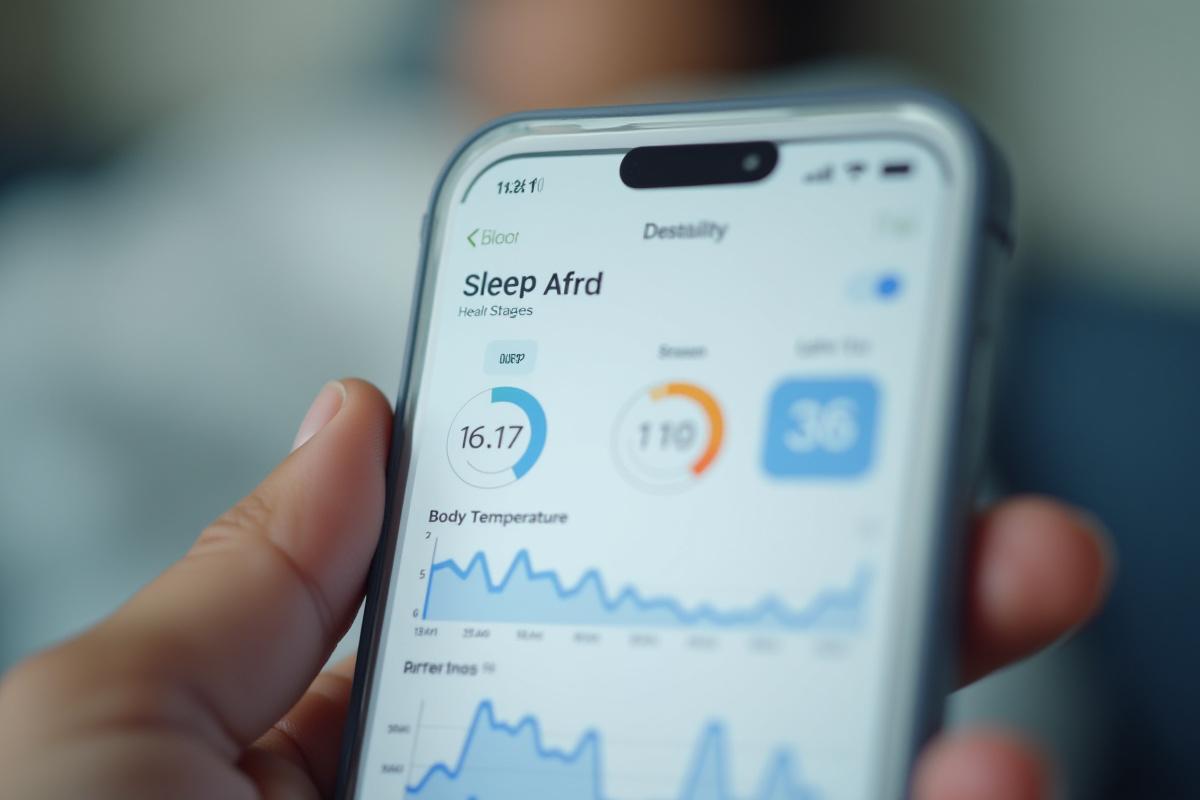The Ultimate Guide to Wellness Wearables
From fitness trackers to sleep rings, we help you understand the tech that's transforming adult health.
In today's fast-paced world, harnessing your personal health data can be the key to unlocking a more vibrant, energetic life. Wellness technology is no longer a niche for early adopters; it's a powerful tool for adults 35+ seeking to optimize their well-being, understand their bodies better, and proactively manage their health. At Foxfire Focus, we cut through the noise, offering clear, science-backed guidance to help you navigate the expansive world of fitness trackers, smart rings, and AI-powered health devices.

Head-to-Head: Top Fitness Trackers of 2024
Choosing the right fitness tracker can be overwhelming. We've compiled a side-by-side comparison of the leading devices to help you make an informed decision based on your unique goals.

Deep Dive: Is a Sleep Ring the Future of Sleep Tracking?
While fitness trackers dominate the wearable market, a new contender has emerged, discreetly delivering powerful insights into one of the most critical aspects of health: sleep. Sleep rings, like the popular Oura Ring, offer a comfortable, unobtrusive way to track sleep stages, heart rate variability, body temperature, and more.

Why Sleep Rings Stand Out:
- ✓ Incredibly accurate sleep stage tracking.
- ✓ Comfortable for overnight wear, unlike watches.
- ✓ Comprehensive health metrics, including HRV and body temperature.
- ✓ Actionable insights for improving recovery and readiness.
For those serious about optimizing their sleep and understanding their body's recovery signals, a high-quality sleep ring can be a game-changer. It provides a deeper, more nuanced look at your nocturnal health than most traditional fitness trackers.
See Our Top-Rated Sleep Ring for 2024
Understanding Your Data: What is HRV?
Heart Rate Variability (HRV) is a crucial metric often tracked by advanced wearables. It measures the variation in time between your heartbeats. Unlike a steady pulse, a healthy heart actually speeds up and slows down slightly with each breath. A higher HRV generally indicates a well-functioning autonomic nervous system – good news for stress resilience and recovery.
Why it matters: Low HRV can be a sign of stress, overtraining, illness, or poor sleep. By consistently monitoring your HRV, you can better understand your body's readiness for activity, recovery needs, and overall stress levels. It's like a window into your internal balance.
Discover More About HRV